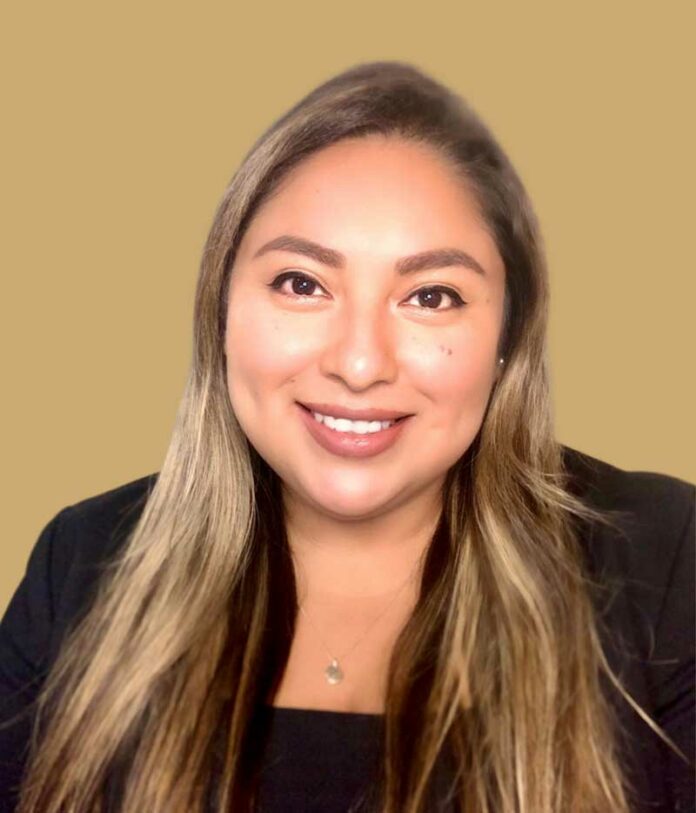
SANTA CRUZ—Gabriela Cruz has been named executive director of Santa Cruz-based nonprofit Senderos, making her the first hired staff member after 20 years of being an all-volunteer-based organization.
Senderos, founded in 2001 by indigenous Oaxacan sisters Fe Silva-Robles and Dr. Nereida Robles Vasquez, was an after-school dance club of Santa Cruz City Schools before becoming a nonprofit in 2013. Over the years, Senderos has aimed to promote equitable access to the arts, as well as tutoring, mentoring, scholarships, skill-building programs and more.
Cruz immigrated to the U.S. from Oaxaca, Mexico at the age of one with her mother in order to reunite with her family on the Central Coast. Santa Cruz has been her home for the past 32 years, where she became the first person in her family to graduate from high school and attend college. She studied political science and sociology at Cabrillo College.
Cruz began organizing locally, and in 2018 she joined United We Dream (UWD), the largest immigrant youth-led advocacy network in the county. For two years she worked as UWD’s California State Coordinator, implementing national campaigns and advocacy efforts.
Cruz, a DACA recipient, has helped hundreds of first-time DACA applicants and has helped educate thousands on immigrant rights and national advocacy efforts.
In a press release, Senderos co-founders Fe Silva-Robles and Dr. Nereida Robles Vasquez stated: “We look forward to supporting Gabriela in her new role. We will ensure that Senderos continues to bring art, culture, education, and community together—creating pathways to a bright future.”
Gabriel called it “an honor” to serve as the organization’s first-ever executive director.
“I look forward to uplifting the legacy that Maestra Fe and Dr. Nereida have established in our community,” she said. “I’m excited to work alongside these two powerful women and the Senderos Board to continue serving Latinx families, keeping alive our native cultures and breaking cultural stereotypes.”












